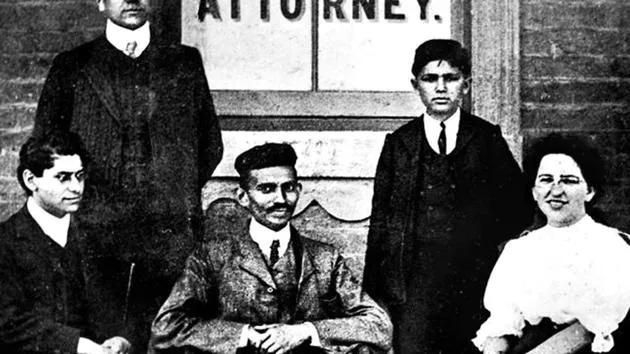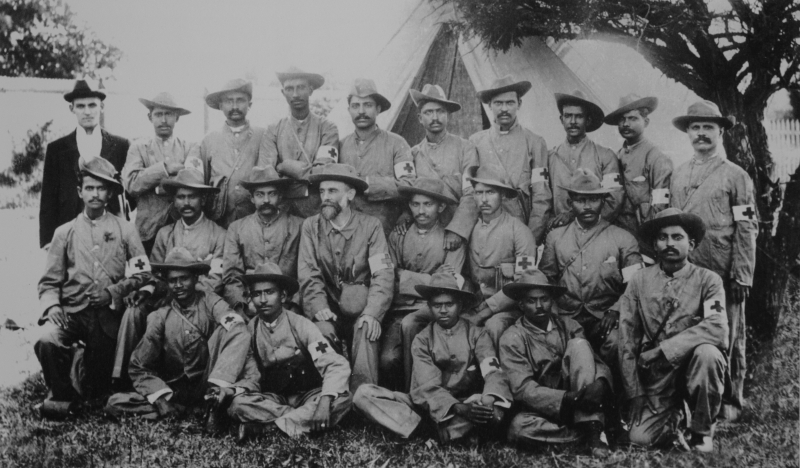Gandhi supported the British Empire in South Africa
Gandhi was not a person who held grudges. He contended that the Indians who claimed full citizenship in the British crown territory of Natal at the start of the South African (Boer) War in 1899 were obligated to protect it. 300 of the 1,100 volunteers that made up his volunteer ambulance corps were free Indians, and the remaining 900 were slave laborers. Barristers, accountants, artisans, and laborers made up the diverse group. Instilling in them a sense of service to those they perceived as their oppressors were Gandhi's responsibility. Gandhi at the front lines of battle was insightfully portrayed by the Pretoria News editor.
The Indians in South Africa received little relief from the British victory in the war. Only Boers and Britons were to form a partnership under the new government in South Africa. Gandhi realized he had failed to leave a noticeable influence on the South African Europeans, except for a few Christian missionaries and idealistic young people. A particularly humiliating law for the registration of its Indian people was promulgated by the Transvaal government in 1906. In September 1906, at a large protest rally in Johannesburg, the Indians vowed to reject the ordinance if it became law despite their opposition and to bear the consequences of their defiance, led by Gandhi. Thus, satyagraha ("devotion to truth"), a novel method for opposing enemies amicably and engaging them in conflict without resorting to violence, was formed. Satyagraha is a technique for righting wrongs through inviting rather than inflicting suffering.












